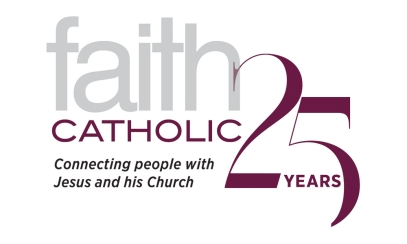What can we learn about ourselves from the current financial crisis?
Recently, I was reminded of the passing of a dubious one-year anniversary. The anniversary was that of the collapse of the huge investment bank Bear Stearns. That bank’s failure in March 2008 set in motion a string of events that led to a national and worldwide financial calamity. Stock markets plunged, retirement savings shrank, foreclosures skyrocketed, employers downsized, unemployment has risen and a general sense of queasiness has become a regular part of daily life.
Not so long ago, we were being told that it was no problem if we wanted a bigger house. Funding was readily available and easy to obtain. The same applied for vehicles and other toys that could be parked in our garages or driveways. On a certain level, we were allowing ourselves to believe that not only did we want such things, but we actually needed them.
In the year since the collapse of Bear Stearns, we have begun to understand that the material goods that once seemed so important no longer have the same place in our lives. These painful experiences have offered us the opportunity to step back and re-evaluate our priorities. Are people more important than things? Is faith more important than material success? What is my true purpose in life? These questions have risen to the forefront of our consciousness during the past year. They also challenge us during Lent.
If we want to understand where we place our current priorities, we might try paying attention to where we spend our time. Tallying up the minutes (or hours) that we spend watching TV, surfing the Web, sending text messages, gossiping, smoking or engaging in other addictive behaviors could give us a sense of where we have either consciously or inadvertently placed our priorities.
This tally offers us the opportunity to restate our true priorities. But it is not without its own challenges. Simply saying that our children or a spouse or our faith are our top priority is not sufficient. These statements must also be translated into consistent and concrete action. A parent’s love for her children is revealed in loving action. Dedication to one’s spouse is made real in both word and deed. Love for God cannot be kept to oneself. That love is meant to be shared and shown in thought, word and deed.
Challenging times offer us the opportunity to step back, evaluate and restate our priorities in life. In doing so, we have the opportunity to allow that which is truly important to fill the hollow places we have been sensing. In time, the economy will recover. Given time and opportunity, we can recover and emerge from this experience with a better sense of what truly matters in our lives.
We also have the opportunity to learn from the days of Lent. These days teach us that dying to self leads to new life. Lent always gives way to Easter and renewed life. And so our journey in FAITH continues.



